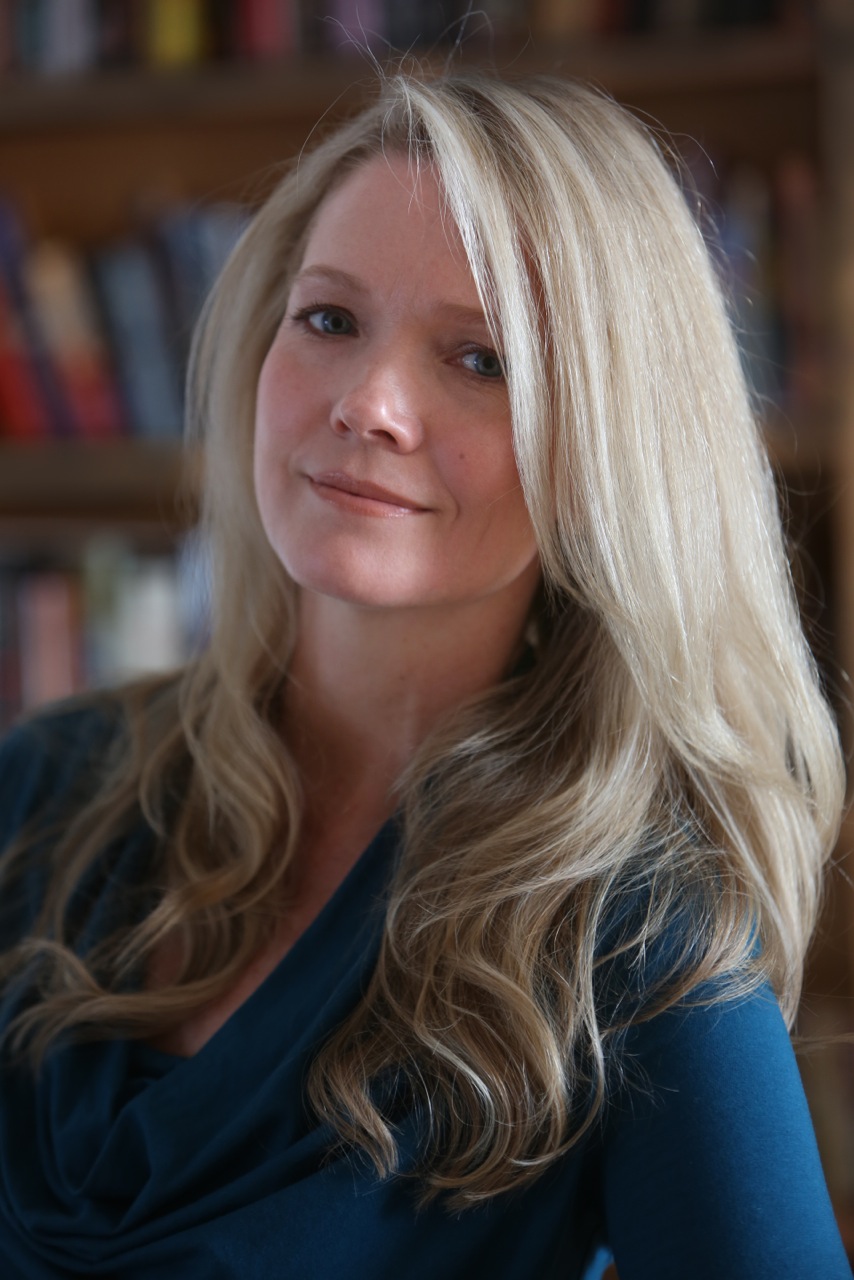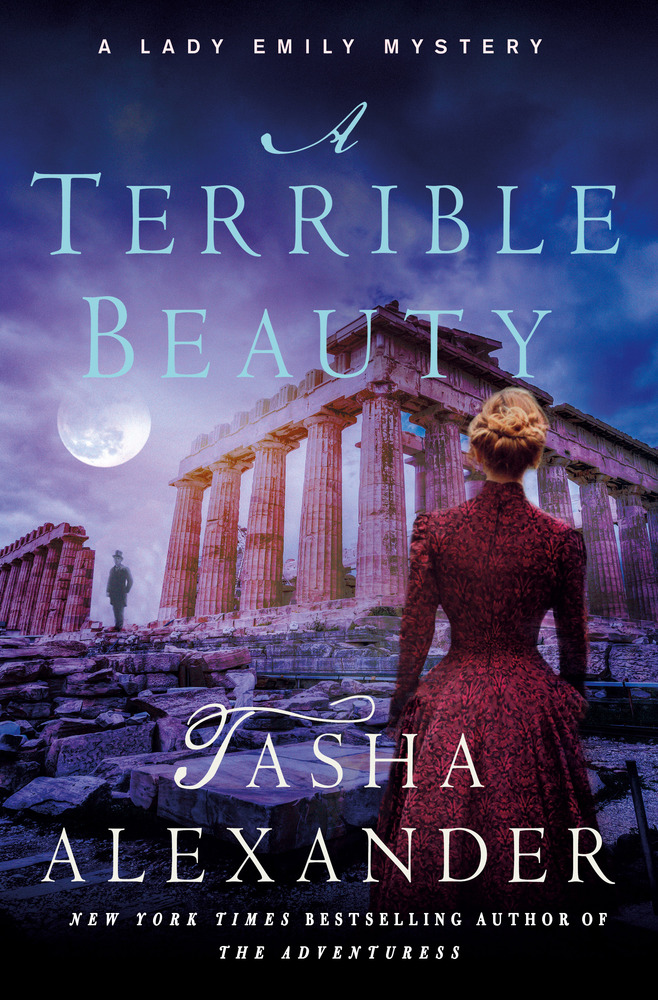Tasha Alexander is the author of the beloved, bestselling Lady Emily series. The latest installment, A TERRIBLE BEAUTY, brings Lady Emily to the beautiful, gripping land of Greece. There, she finds herself haunted by history: ancient history, in all its mystery and lore, and history a bit more recent, when her first husband, Lord Philip Ashton, makes an appearance. To celebrate the release of this 11th book in the series, Tasha has written a wonderful piece for us exploring her inspirations for the series, Lady Emily's trajectory as a character, and where her protagonist may venture next.
 When I wrote my first book, AND ONLY TO DECEIVE, I was largely driven by a desire to explore the way society shapes its members and how an individual can rise above what society wants. The late Victorian era in England was a time rife with social change, much of it catalyzed by iconoclasts committed to improving the plight of those less fortunate than themselves. But to get real, wholesale change, a broader section of society needs to not only accept, but fight for that change.
When I wrote my first book, AND ONLY TO DECEIVE, I was largely driven by a desire to explore the way society shapes its members and how an individual can rise above what society wants. The late Victorian era in England was a time rife with social change, much of it catalyzed by iconoclasts committed to improving the plight of those less fortunate than themselves. But to get real, wholesale change, a broader section of society needs to not only accept, but fight for that change.
When we first meet Lady Emily Ashton, she is a wealthy young widow who has lived her life within the gilded confines of the upper class. She is woefully unaware of the broader world around her --- not because she does not care, but because a woman in her position would have been sheltered from the grim realities of the daily travails suffered by the lower classes. She would not have had any meaningful interaction with people outside her own social class other than her servants.
Once she is widowed, however, she is forced to stay out of society for two years while she is in mourning. What’s she to do, now that the balls, parties, operas and other trappings of her life are off limits? Why read, of course! Emily begins to study ancient Greek civilization: the language, history, culture and art. By educating herself, she takes her first step toward learning about a broader world. Soon she is traveling, caring more for intellectual pursuits than society’s rules, and exposed to a variety of people and places.
She befriends people regardless of their class. She discovers that women in the Ottoman Empire aren’t entirely more repressed than their English counterparts. She is horrified by the conditions faced by the working class in her own country. Emily grows from these experiences and begins to fight for justice and social change.
 At the same time, she is growing as an individual. Early in the series, Emily is impulsive and driven by passion. As she matures, she learns how to temper her emotions, and is more self-aware. She is now the mother of three boys --- and as all mothers know, having children definitely changes the way we view ourselves and the world.
At the same time, she is growing as an individual. Early in the series, Emily is impulsive and driven by passion. As she matures, she learns how to temper her emotions, and is more self-aware. She is now the mother of three boys --- and as all mothers know, having children definitely changes the way we view ourselves and the world.
I have just finished writing next year’s book, which is set in St. Petersburg, Russia, where Emily is faced with two different cultures: that of the dancers of the city’s famed Imperial Ballet and that of the political revolutionaries who are struggling against the autocratic power of the tsar. World War I is still more than a decade away, but the seeds of discontent that would grow and feed it were already in place. Emily is living during the decline of the British Empire, but the members of her society are blissfully unaware that their world is fast-approaching dusk.
So where will she go next? I’d love to see her in Egypt, where she would be forced to confront the problems of imperialism. Or perhaps somewhere in Germany, whose rising nationalism would soon set the world on fire. But I’d also like to take her to Florence or Rome, where history and art remind us that the essentials of the human experience have not changed so much over centuries.
Facing Emily most immediately will be the death of Queen Victoria. For her entire adult life, Emily had defined herself largely in opposition to the rules and regulations of Victoria’s society. The Edwardian Age will give her another series of challenges, personal and private. She will continue to fight for women’s suffrage and fair labor practices, but against the backdrop of a rapidly changing world.


